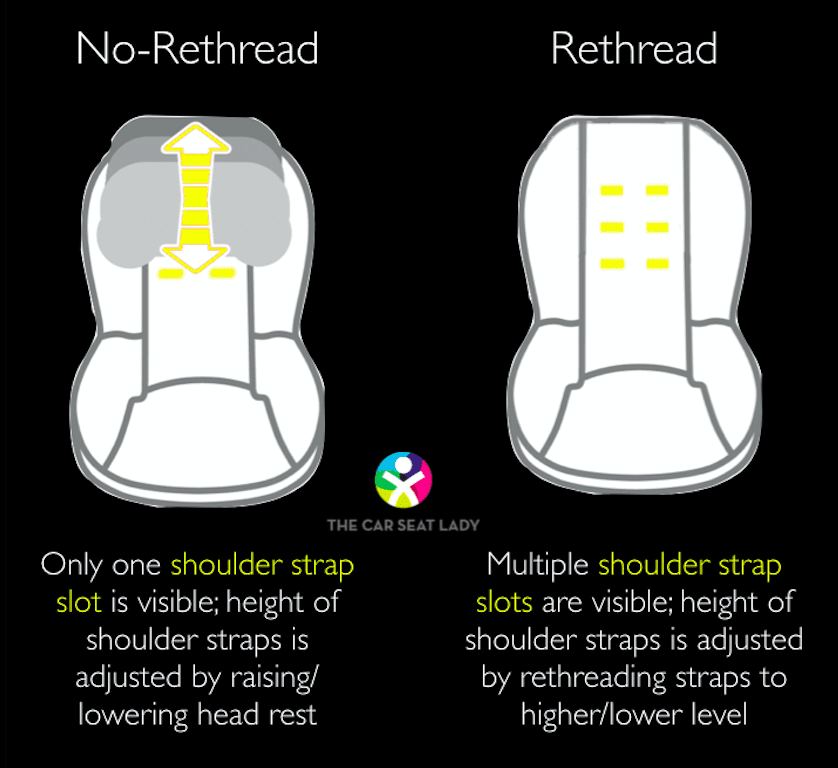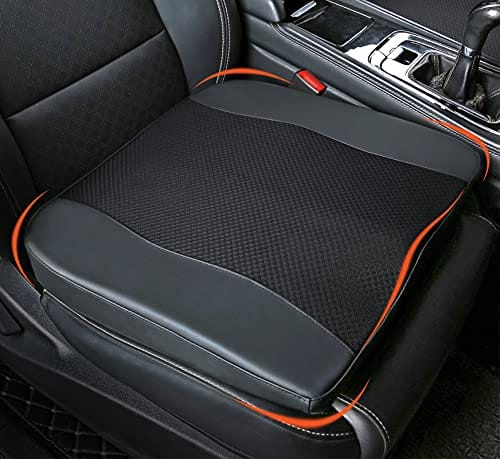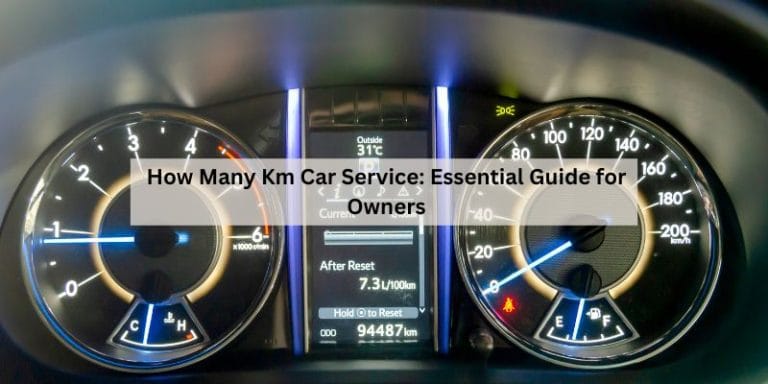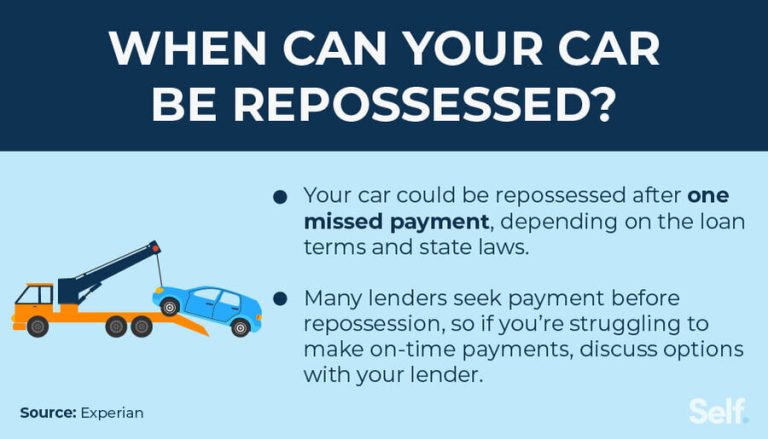When to Adjust Straps on Car Seat: Essential Safety Tips
Knowing when to adjust straps on a car seat is vital. It ensures your child’s safety during every ride.
Car seats are designed to protect your child, but they only work if used correctly. The straps must fit snugly to prevent any movement. Over time, your child grows, and the straps need adjusting to maintain a secure fit. You might also need to adjust them when changing the seat’s position or switching it between vehicles.
Regular checks and adjustments are key to maximizing the seat’s protective capabilities. This guide will help you understand when and how to adjust car seat straps for optimal safety. Stay tuned to ensure your little one’s safe and comfortable journey every time.

Credit: safestartnw.org
Importance Of Proper Strap Adjustment
Proper strap adjustment is crucial. It keeps your child safe in the car. Loose straps can be dangerous. They might not hold the child in place during a crash. Tighten the straps snugly. Make sure you cannot pinch any strap fabric.
Properly adjusted straps prevent injuries. They distribute the force of a crash evenly. This reduces the risk of injury to the child. Always check the straps before each trip. Small adjustments can make a big difference.
Signs Straps Need Adjustment
Straps on a car seat need adjustment when they appear loose or twisted. Check if the straps sit below the child’s shoulders. Properly adjusted straps ensure safety and comfort for your child.
Frequent Slipping
If the straps slip often, they may be too loose. This means the child is not safe. Tighten the straps to keep your child secure. Loose straps can lead to accidents.
Child’s Growth
Children grow fast. Their car seat straps should grow with them. Check the fit of the straps often. If they look tight or leave marks, adjust them. A good fit keeps your child comfortable and safe.
When To Check Strap Fit
Regularly check and adjust car seat straps as your child grows. Ensure a snug fit for safety and comfort. Always inspect straps after washing the car seat cover.
Before Every Trip
Check the strap fit before each trip. Straps can loosen over time. Tighten them to ensure your child is safe. The straps should be snug but comfortable. Ensure the harness clip is at armpit level. This prevents the child from slipping out.
After Changing Seasons
Seasons change, and so does clothing. Bulky clothes need strap adjustments. Thin clothes do too. Thicker clothes mean looser straps. Thinner clothes mean tighter straps. Adjust the straps to fit the season’s clothes. This keeps the child secure and comfortable.

Credit: zh-cn.facebook.com
How To Adjust Straps Correctly
Always read the car seat manual. It has important instructions. Each car seat is different. Follow the steps in the guide. This keeps your child safe. Never guess or skip steps. The manual tells you the right way to adjust straps.
Make sure the straps are tight but not too tight. You should not pinch any slack. Check the fit often. Kids grow fast. A snug fit means the seat is safe. Do a pinch test. If you can pinch the strap, it needs to be tighter. Always double-check before each trip.
Common Mistakes To Avoid
Adjusting car seat straps can be tricky. Many parents mistakenly place the straps too high or too low. Ensure straps are at or just below the child’s shoulders for rear-facing seats.
Loose Straps
Loose straps can be very dangerous. They won’t hold the child safely. Always check if the straps are snug. You should not be able to pinch any strap material. If you can, the straps are too loose. Tighten them until they fit snugly.
Twisted Straps
Twisted straps can also be a problem. They can cause discomfort. They might not work as well in an accident. Make sure the straps are flat. Check them every time you buckle the child in. Untwist them if you find any twists.
Choosing The Right Car Seat
Car seats must fit your child’s age and weight. A rear-facing car seat is best for newborns and toddlers. They provide better neck and head support.
For children over 20 pounds, a forward-facing seat is needed. This type of seat has a harness that fits snugly. It keeps your child secure during a crash.
Convertible seats can be used both rear and forward-facing. They are suitable for growing children. These seats can handle more weight and height.
Booster seats are for older kids. They help the seat belt fit properly. Most booster seats are used when a child outgrows a forward-facing seat.
Regular Maintenance And Inspection
Check the car seat straps every month. Look for any signs of wear. Make sure the straps are not twisted. Ensure the buckles work properly. This keeps your child safe.
Replace worn straps immediately. Worn straps can break easily. Always use the correct replacement parts. Follow the car seat manual for guidance. This ensures a proper fit.
Seeking Professional Help
Parents often worry about car seat safety. Safety experts can help. They know the latest guidelines. Experts provide tips tailored to your car seat model. They can spot mistakes you might miss. Ensuring your child is safe is their top priority. A small adjustment can make a big difference. Don’t hesitate to ask them questions. They are there to help you.
Car seat clinics offer hands-on help. Experts check if your car seat is installed right. They show you how to adjust straps properly. Clinics are often free. Many are held at hospitals or fire stations. You can learn a lot from attending one. Even experienced parents benefit from these clinics. They provide peace of mind for your child’s safety.
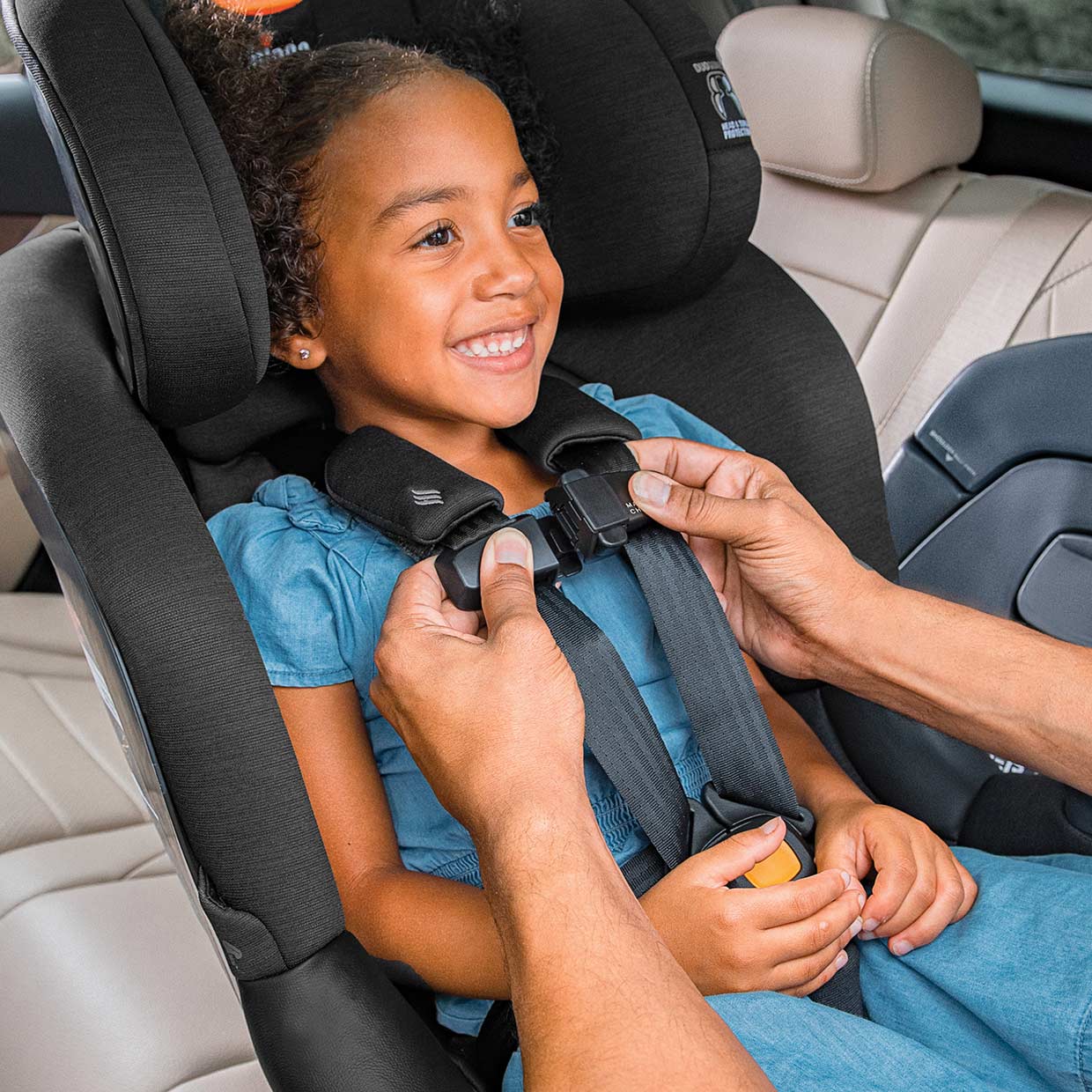
Credit: www.chiccousa.com
Frequently Asked Questions
When Should I Adjust The Height Of My Car Seat Straps?
Adjust the height of your car seat straps when your child’s shoulders are above the current slot. Regularly check as they grow.
How Do I Know When To Adjust My Car Seat?
Adjust your car seat if your back feels strained, legs are cramped, or you can’t reach pedals comfortably. Ensure clear visibility and proper posture.
When Should I Adjust The Angle On My Baby Car Seat?
Adjust the angle of your baby car seat when the infant’s head flops forward or the seat’s level indicator suggests it.
At What Level Should The Harness Clip Be?
The harness clip should be at armpit level, resting across the child’s chest to ensure safety.
Conclusion
Adjusting car seat straps is crucial for your child’s safety. Regular checks ensure proper fit. Tighten or loosen the straps as your child grows. Safety comes first. Always follow the car seat manufacturer’s guidelines. A well-fitted seat keeps your child secure.
Stay vigilant and make adjustments when needed. Your child’s comfort and safety depend on it.

